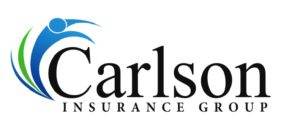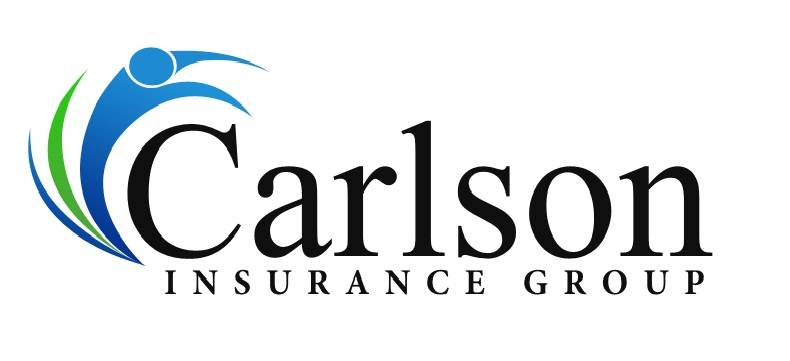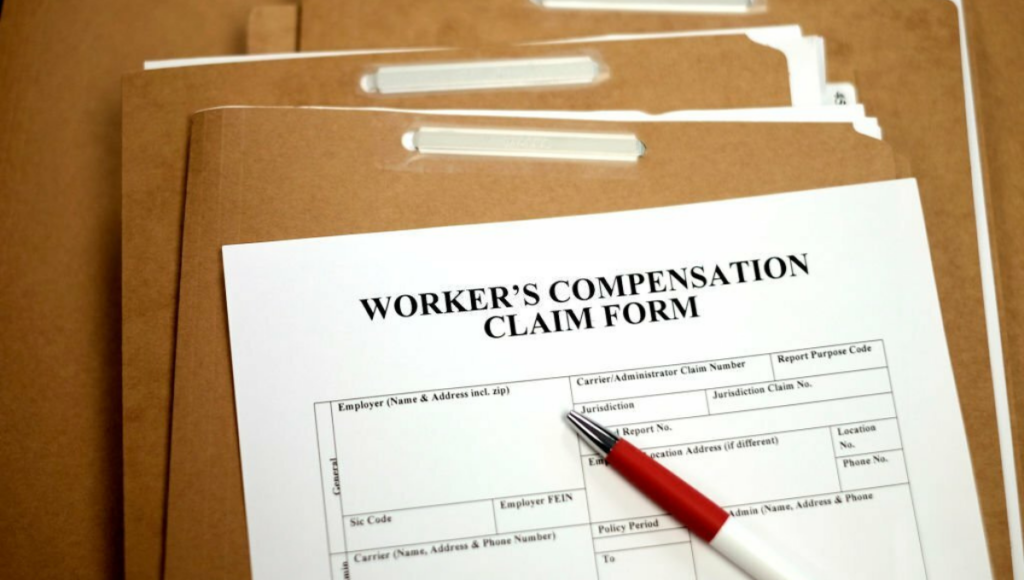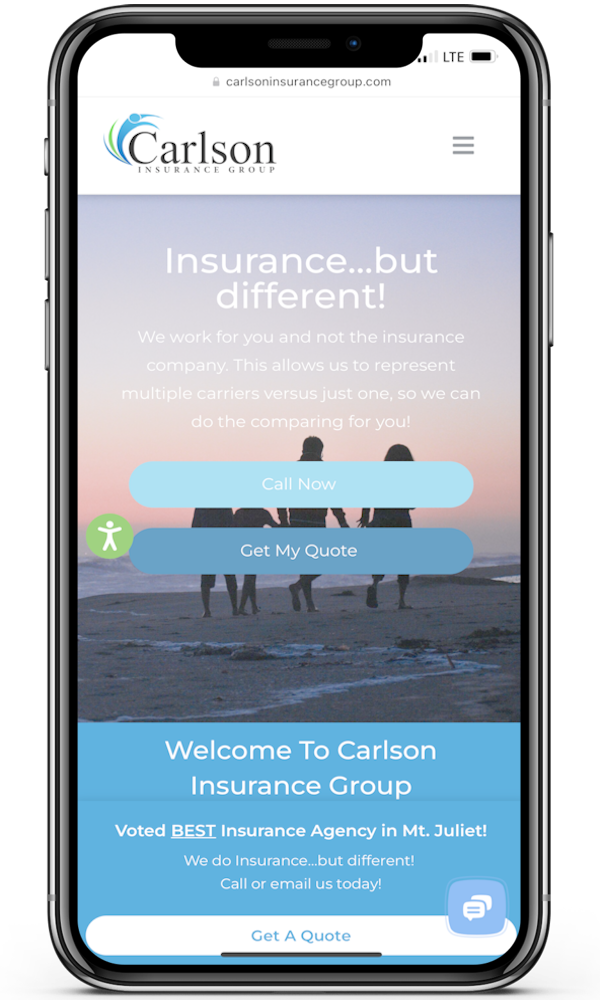In the world of workers’ compensation insurance, effective communication is key to streamlining the claims process and ensuring that both employers and employees have a positive experience. Here, we’ll explore the various parties involved in workers’ compensation claims and how open lines of communication can benefit all stakeholders, reduce costs, and improve the overall claim experience.
Employees: The Foundation of Trust
Effective communication starts from day one, as employers should foster open and transparent dialogue with their employees. This foundation of trust creates an environment where employees feel comfortable approaching their employer with any issues. It’s crucial to discuss the workers’ compensation claim process right away when employees become ill or injured. This way, employees understand what is expected of them and their employer throughout the claim.
Open communication can also help prevent employees from reaggravating their illnesses or injuries. Employers should discuss with their employees the new job tasks they will be assigned when returning to work to ensure they won’t worsen their ailments. This not only demonstrates care for employee health but also minimizes the chances of litigation.
Supervisors: The Link Between Management and Employees
Supervisors play a vital role in workers’ compensation claims, acting as contact points between management and employees, particularly during the recovery and return-to-work phases. They help ensure employees adhere to medical restrictions and determine suitable tasks within those restrictions.
Supervisors can also contribute to preventing workplace accidents by promoting safety programs and providing daily feedback on safe job task completion. Their engagement in open communication can significantly reduce the risk of illnesses and injuries, ultimately leading to fewer workers’ compensation claims.
Medical Providers: Partnering for Efficient Care
Whenever possible, employers should establish communication with medical providers who treat ill or injured employees. Collaboration should begin before treatment starts to align on care parameters. Although employers cannot dictate medical treatment, they can discuss more conservative and cost-effective approaches with the medical provider.
Additionally, open communication helps medical providers understand employees’ typical job tasks and restrictions. When providers grasp these details, they can help employees return to work more swiftly, reducing overall claim costs.
Claims Adjusters: Building Trust and Efficiency
Claims adjusters are essential partners during workers’ compensation claims. Employers should maintain strong relationships with their adjusters to simplify the claims process and achieve optimal outcomes. Sharing extra knowledge and expertise can assist claims adjusters in their role, resulting in reduced lost time, lower medical costs, and a decreased likelihood of fraudulent claims.
Building trust and working collaboratively with claims adjusters can lead to faster claim resolutions and prevent employee dissatisfaction. It’s crucial for employers to partner with insurance carriers that share their values, ensuring a smoother and more employee-centric claims experience.
Moving Forward: The Power of Communication
In conclusion, effective communication is a cornerstone of successful workers’ compensation claims. By engaging with all parties involved, employers can create a low-stress process for employees, reduce costs, and improve the overall claim experience. This commitment to open communication not only benefits the employer but also ensures that employees receive the care and support they need during their recovery.
By nurturing open lines of communication, you can transform your workers’ compensation experience into one that is efficient, cost-effective, and employee-focused.
If you have questions about workers’ compensation insurance or need assistance with your insurance coverage, contact Carlson Insurance Group today. We’re here to support you and provide valuable resources for all your insurance needs.






